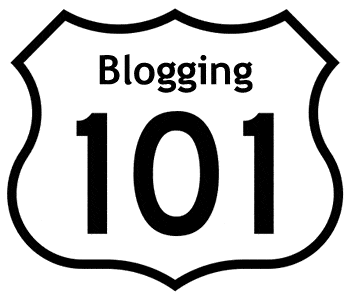I have been talking a lot lately with clients about how a social network profile can help your online business.
A few points I focus on include:
- Backlinks on other credible sites
- Direct interaction with your target audience
- Online networking with big players in your field
- Ability to monitor competitor involvement and strategy
- Online reputation management & brand awareness
- Natural SEO & link building if profile pages are allowed to be set up correctly
The last point was one I’ve always known, but it didn’t come to me so clearly until tonight when I was talking to one of the managers of a new political social network. Over the past few days, I’ve been working to help him understand the importance of social media in organic search engine optimization.
One of the goals his company has is to be the “LinkedIn of Politics” or the “Politically Focused Facebook”. Granted, it’s hard to compete with the likes of Facebook, but the point he made to me was that these big websites don’t really do SEO. That statement really made me think, “Is he right?” “Is organic SEO really that important or…?”
I thought about that for the rest of that day and through out the day today. My gut kept saying “Yeah right! SEO is a MUST!”, but he had made some valid points.
Then the light clicked on as I was driving home this evening.
One of the MAIN WAYS big companies like LinkedIn, Facebook and Twitter do organic SEO is by letting USERS do the SEO for them.
How Social Networks Use SEO
Think about it:
- Social networks let people, some of which are very, very good at SEO, online PR, etc. build unique, SEO friendly profile pages: (http://facebook.com/mollermarketing) 🙂
- These profile pages have lots of dynamic and static content
- The profile pages have tons of quality external links with relevant topics
- These same creators of individual profile pages in-directly, and some times directly, promote their social media profiles (follow me on twitter) 🙂
- Some users build profile pages just to say they have lots of followers.
- Others promote their profile pages for online reputation management.
But the bottom line is, the USERS are doing a lot of the hard core SEO grunt work – the off-site SEO link building, the viral marketing, etc.
By allowing visitors to set up static profile pages with friendly URLs, social networks like Facebook and Twitter are saying, “Sure, we’ll let you have a “free account” but we’ll grow our investment capital over and over again because you’re building yet another indexable page for us and adding your name and info to our “subscriber list…Thanks for stoping by…”

I agree that at some point, Facebook and Twitter and LinkedIn my not care (as much) about organic SEO, but maybe they do afterall.
Facebook has been making changes that hint to the fact that SEO is important to them:
- Indexable pages
- Friendly URLs
- Etc.
Organic SEO is here to stay.
Yes, word of mouth marketing plays a crucial role in the heavy growth of websites, especially social networks.
But every online business, big or small, needs to make the time to work on organic SEO strategy: if they don’t, their competitors will.
